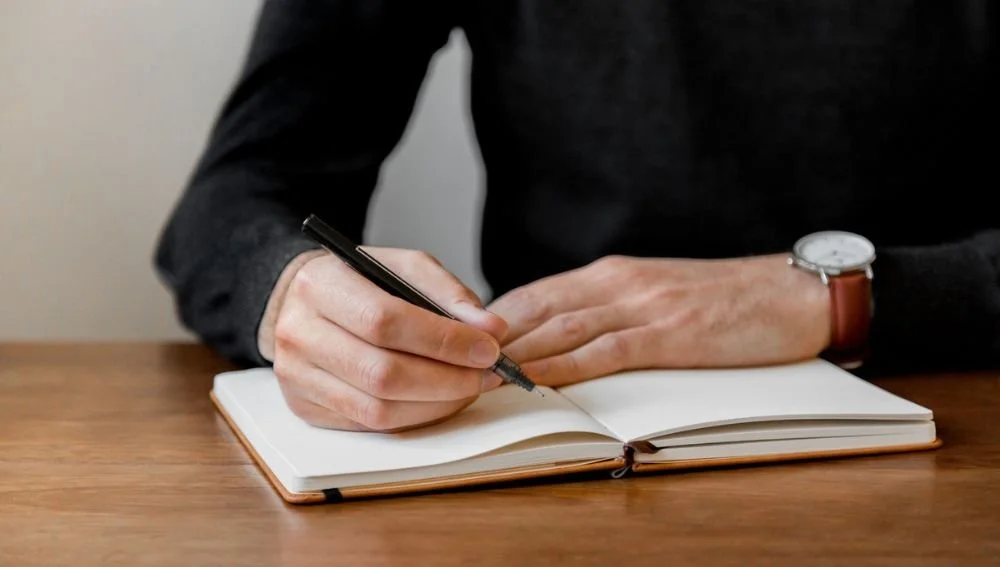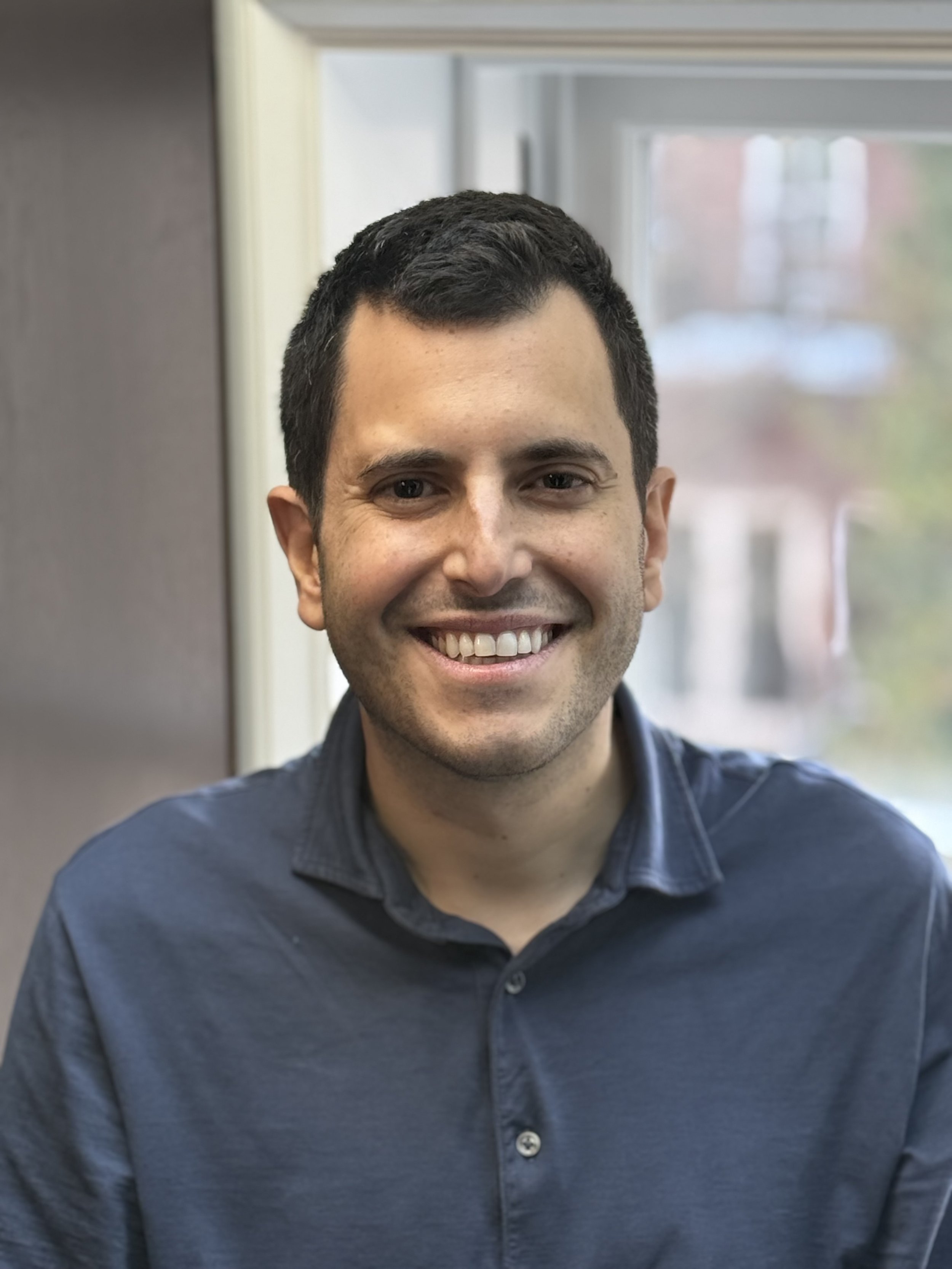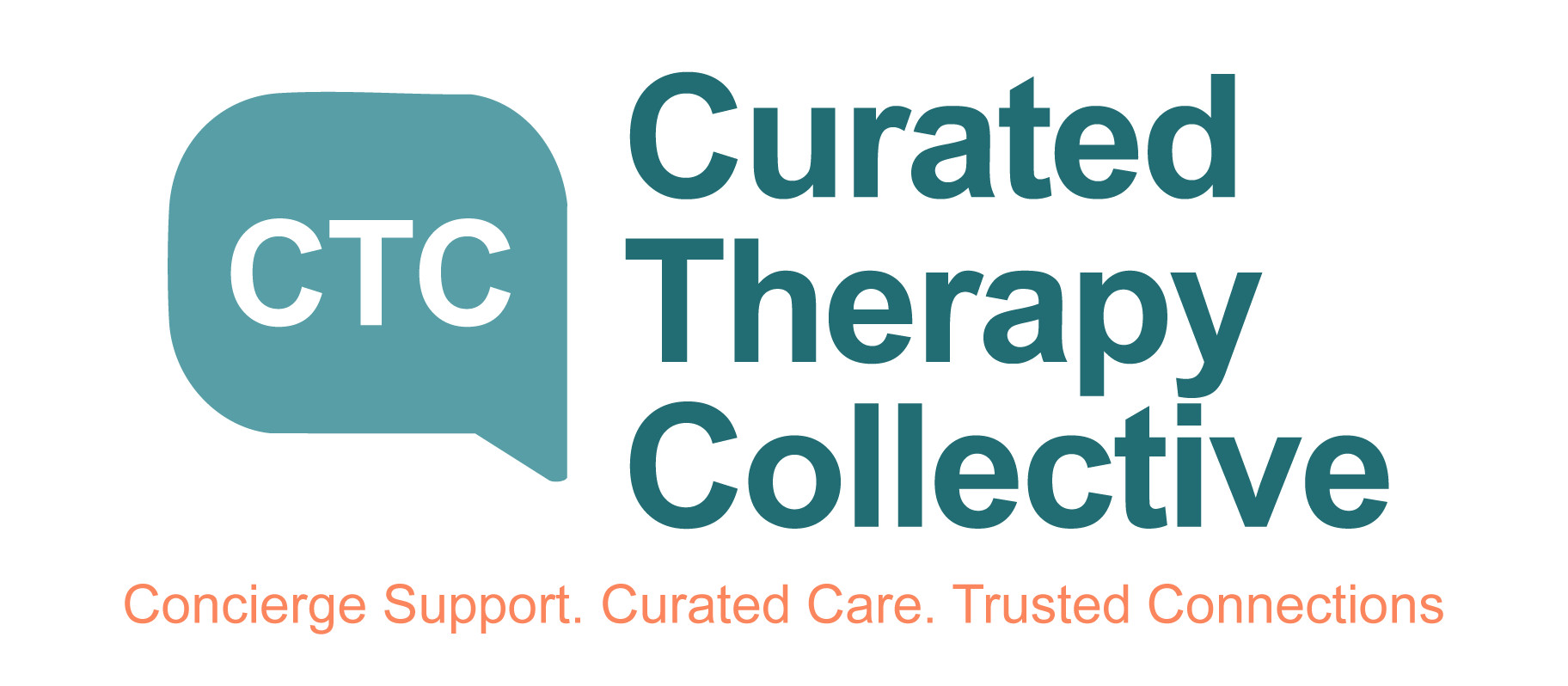Addiction & Compulsive Behavior Therapy — Break Free and Begin to Heal
Understanding Addiction and Compulsive Behaviors
What Addiction and Compulsive Behaviors Look Like
Recognizing patterns of gambling, technology, or emotional escape that interfere with daily life.
We help patients break free and heal from addictions and compulsive behaviors using a two-pronged approach: tracking immediate and tangible progress while also exploring and addressing the deeper roots of issues.
Through personalized compulsive behavior therapy, we collaborate to identify coping mechanisms that were initially adaptive but have since become maladaptive, while developing healthier habits to fill the resulting voids. We assist you with overcoming addiction and emotional healing and ensure that you gain the tools and insights you need to nurture, grow, and improve yourself during your journey.
How Addiction Therapy Can Help You Recover
Addressing Both Behavior and Underlying Emotion
Healing starts by understanding what drives the compulsion — not just stopping the behavior.
Therapy that focuses on helping patients with overcoming addiction provides an all-encompassing, personalized treatment plan — grounded in both compassion and practicality — to get to the root causes of compulsive behaviors and patterns. It’s more than simply stopping a behavior: It’s about developing healthier coping mechanisms, building a stronger and more trusting relationship with yourself, and promoting emotional resilience and mental well-being.
Types of Addictions and Compulsive Behaviors We Treat
Gambling Addiction Therapy
Regain control and rebuild financial, emotional, and relational stability.
Gambling addiction is the single fastest-growing issue I have encountered as a clinician. The pace at which sports-gambling apps have become legalized and infiltrated everyday life (through constant advertising and complete normalization) is terrifying. Add on its sheer accessibility — mere seconds from a compulsive thought to placing a bet — and it is a mighty uphill battle for which effective and widespread resources do not yet exist.
We have developed experience and expertise helping those struggling with gambling addiction and the intricacies that delve from a more “traditional” addiction mold. Please reach out before you fall deeper and deeper into a literal and figurative hole. We are here to help you.
Compulsive Sexual Behaviors & Pornography Addiction
Address shame, secrecy, and rebuild healthy intimacy.
“Can someone really be addicted to pornography?” “How much is too much?” These are a couple of the most common and normal questions that we face when talking about the dangers of pornography addiction. The answers vary depending on a variety of factors, but — similar to gambling — the time between feeling an urge and acting on it is extremely quick due to the constant presence of screens in our everyday lives.
While most addictions are likely to start out as blending in amongst others engaged in the same behaviors (think: alcohol), pornography is unique in that it begins as a “closed-door” activity. Thus, one learns to self-isolate quickly and often creates two entirely separate worlds: one of reality and one of fantasy.
Our Approach to Addiction Therapy
Safe, Non-Judgmental, and Confidential
You’ll be met with empathy, not judgment — so you can speak freely.
In our sessions together, you can rest assured that we will always meet you with openness and compassion; we’re not here to judge you. We’re here to support you through every part of your journey.
Evidence-Based and Trauma-Informed
Using proven therapy methods grounded in compassion and neuroscience.
Healing is a highly personal journey with no one-size-fits-all. We offer the practical tools and evidence-based therapy support you need to help you create attainable goals and make progress toward those goals for lasting positive change.
Personalized therapy for Your Needs
Every session is designed around your goals, values, and pace.
You guide your sessions while we support you in each step of your healing journey. Every client has their own pace, and we respect that and ensure that we follow your needs first.
Can You Relate?
Are you unsure if a behavior should be classified as an “addiction”?
Take a moment to reflect on the following questions. If you find yourself answering “yes” or nodding along to one or more of them, consider taking the next step. Ask yourself if you are ready to explore ways to minimize the impact this behavior is having on your life.
☐ Do you feel out-of-control or impulsive when it comes to this behavior?
☐ Have you tried to stop but found yourself unable or returning to it?
☐ Is the behavior causing negative effects on your personal and/or professional life?
☐ Does the behavior consume more time, money, or resources than you initially planned?
☐ Do you frequently feel guilt or shame after engaging in this behavior?
☐ Do you find yourself anticipating or fantasizing about the thrill associated with the behavior?
About Me
Expert Therapy for Relationships, Addiction, and Life Transitions
George Embiricos
Vanderbilt University, B.S. (Child Psychology)
Columbia University’s School of Social Work, M.A. (Advanced Clinical Practice)
Licensed Clinical Social Worker NYS #098331
Licensed Clinical Social Worker Connecticut #15366
Licensed Clinical Social Worker Telehealth Vermont #089.0136376TELE
Licensed Clinical Social Worker Telehealth Florida #TPSW5719
Certified Partner Trauma Therapist NYS #2022-3534
I am a lifelong New Yorker fulfilling my childhood dream of helping individuals navigate life’s challenges and build meaningful connections. I specialize in supporting those struggling with intimacy, relationship issues, addiction recovery, vulnerability, and life transitions. My practice offers a safe and judgment-free space where we can begin the healing process together. My goal is to help you rebuild your emotional wellbeing and move forward toward a healthier, more purposeful life.
With nearly a decade of experience in clinical practice, I have dedicated the past four years to working at New York City’s Center for Intimacy Recovery, where I helped individuals and groups overcome barriers to connection and emotional closeness. I earned my Master’s Degree in Advanced Clinical Practice from Columbia University’s School of Social Work, graduating at the top of my class. Under the guidance of seasoned therapists with over 30 years of expertise, I have accumulated thousands of hours of hands-on, patient-focused experience. My most recent and impactful work has been treating gambling addiction, for which our society is wildly under-resourced and is just now entering the early stages of what will soon become a nationally problematic epidemic.
Asking for help is not easy, but just by being here, you have taken the first (and often hardest) step. I am committed to creating a space where you feel supported in establishing trust and connection. Together, we will work to help you feel emotionally strong, deeply connected, and in control of your life.
In a virtual therapy setting, talk therapy saw individuals report comparable satisfaction scores to in-person talk therapy, with both demonstrating very high satisfaction.
Begin Your Recovery Journey Today
Schedule a Free 15-Minute Consultation
Let’s explore how therapy can help you break free from compulsive patterns.
Please choose a date and time that works best for you in the calendar. We look forward to our time together.
Reach Out for Support
Contact me today to start your path toward lasting recovery and connection.
If you would like to book an addiction and compulsive behavior therapy session with us, please contact us by phone, email or contact form. We’ll be in touch with you as soon as possible!
📞 917-410-1203
📩 george@healthierconnections.com
📩 jayden@healthierconnections.com
🗓️ free 15-minute consultation
Call us
Email us
Schedule
Follow
Frequently Asked Questions
How It Works
If you have questions before embarking on your journey of self-improvement, here are FAQs we often receive from our clients. We hope they can address early concerns you may have at this time. Please don’t hesitate to reach out to us with any other questions.
-
This is the most commonly asked question! The answer truly is: It depends on a variety of factors. Are you coming in for a single issue that requires a timely solution, or are you looking to engage in some broader self-reflection and introspection? I can promise that I am not here to waste your time or your money. Our sessions will always include an open. two-way dialogue about progress and re-setting and evolving both short- and longterm goals.
-
I put the word “addiction” in quotation marks because I am wary of labeling and/or diagnosing, as this action can often create more issues than it solves. Some ideas to consider when questioning your relationship with a behavior or another individual are: Do you feel in-control? Do you find yourself turning to it when feeling stressed, overwhelmed, etc.? Has it had a negative effect(s) on your personal and/or work life? Do you feel stuck in a cycle? If the answer to any or all of these questions is “yes,” this behavior is absolutely worth examining.
-
Yes! Not only do I offer a free phone consultation, but I believe it to be essential in order to take the initial step in working together. During this call, we will get to know one another while broadly exploring what has brought you to seek therapy and specifically, your being curious about it at this time. Please fill out the form on the bottom of this page or reach out directly to me via phone at 917-410-1203 or email at george@healthierconnections.com.
-
It is exceedingly normal to have many questions at this stage ! I am here to answer anything and everything you may want to know about me, the process, or a more specific question about your own journey. Just reach out via website form, phone, or email!
-
Great question! I am a lifelong New Yorker who is fulfilling his childhood dream of becoming a therapist to help individuals help themselves in all possible ways. My educational background is in learning and understanding the defense mechanisms that we build instinctually as we grow up, largely as a product of the environment around us. I studied Psychology at Vanderbilt University for my undergraduate degree and Advanced Clinical Practice at Columbia University’s School of Social Work to attain my graduate degree.
-
I am an LCSW (Licensed Clinical Social Worker), which entails having graduated with a Master’s Degree in Advanced Clinical Practice, accumulating over 3,000 client-facing hours, and passing multiple state-board licensing examinations.
-
I am so glad that you asked. CPTT stands for Certified Partner Trauma Therapist. I am one of few males in the state of New York to have attained this degree after completing multiple courses designed to help therapists aid those experiencing betrayal trauma (e.g. infidelity) and helping these individuals navigate the complex emotions and struggles that arise.
-
An individual therapy session lasts for 50 minutes. During our early time meeting one-on-one, we will seek to establish a confidential (this is required and protected by law), trusting, and non-judgmental dialogue. From there, we will begin exploring the issues that first brought you to seek therapy and how they have impacted your past, present, and future.

How I Have Helped Others
















